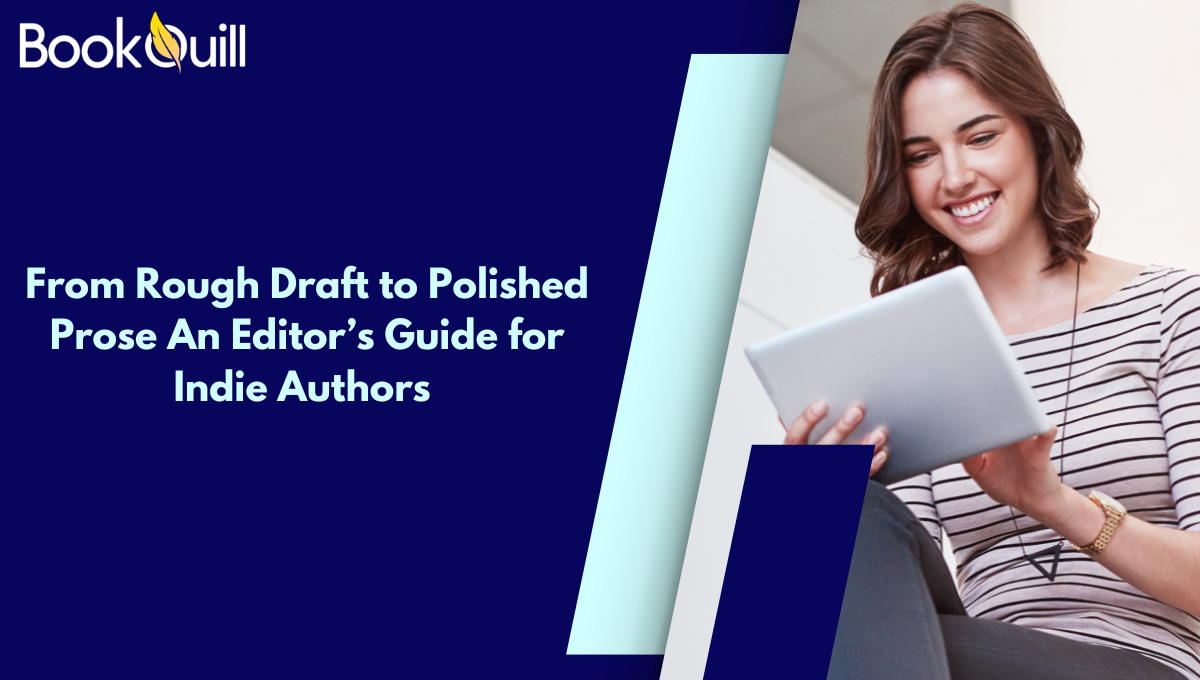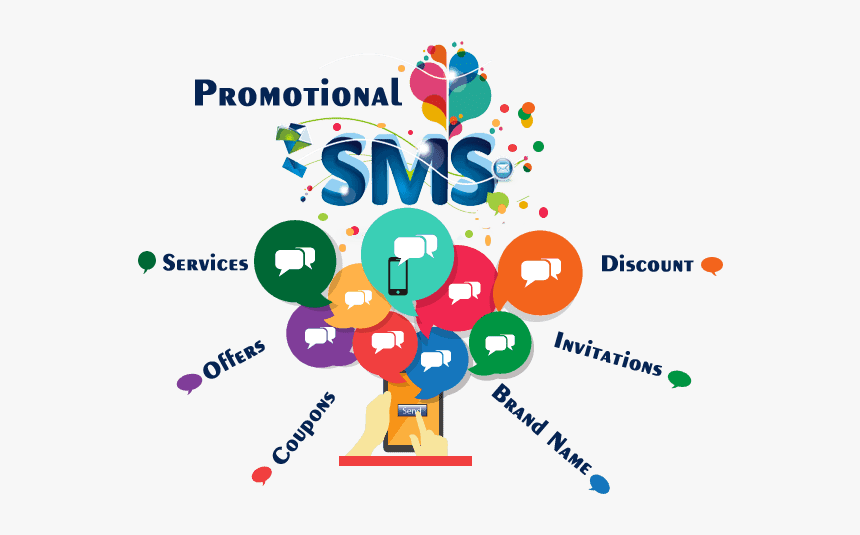I was sitting there, thinking—what if editing didn’t have to be so damn hard? My mind drifted to all the AI tools that are trending—Hemingway, Grammarly, the whole flashy lineup. And after playing around with them, I landed on one cold, honest conclusion:
A machine still can’t outthink a human. Not yet. Maybe not ever.
I’ve been in the editorial trenches for over 15 years. I’ve seen the mess new authors walk into—manuscript scams, overpriced “consultants,” overhyped AI tools that promise brilliance but barely deliver basic. It’s a minefield, and most writers don’t even realize they’re standing in it.
So I thought—what if I built something real? An editor guide that actually helps. Not a shortcut, not a gimmick. Just the raw, hard-earned knowledge of what editing actually takes.
Here it is. Born from experience, built for writers who are tired of guesswork and ready to get serious.
Grab your pen. Pick up your notebook.
Time to learn how the pros really polish.
Why Editing Isn’t Optional
I know that feeling—the rush when you finally type THE END at the bottom of your manuscript. It feels like you’ve climbed a mountain barefoot. You think, I did it. I finished a book. The hardest part is over. But that’s where most writers get it wrong. Finishing the draft isn’t the end—it’s the beginning. Now comes the part that separates amateurs from authors: editing, marketing, and ultimately, publishing. And editing? It’s not just a grammar sweep. It’s digging into the bones of your story, fixing clunky prose, tightening pacing, and patching plot holes big enough to swallow your climax whole. That’s why this editor guide exists—to help you tackle the part no one warns you about, and do it like a pro.
It’s Not Just Typos—It’s Transformation
Authors often think editing is just about fixing typos or smoothing out awkward lines—but that’s barely scratching the surface. Real editing is a deep dive, not a quick skim. It’s a vast ocean where your manuscript gets cleaned, polished, and, most importantly, made presentable. It’s about cutting the fat, sharpening the voice, and tightening the flow until every sentence pulls its weight—and then some. We’re talking rhythm, pacing, logic, tone—hell, sometimes it means admitting your second act is a snoozefest and tearing it apart. This editors guide isn’t here to sugarcoat it. It’s here to show you how to survive the deep waters and come out publishing-ready.
The Cost of Skipping It
Skipping editing is like shooting your book in the head before it even gets a chance to breathe. Sure, readers might forgive a stray typo or two—but sloppy dialogue, plot holes, and cardboard characters? That’s where they check out, frustrated and done. And when that happens, they don’t blame the editing—they blame you. Bad reviews stack up, your credibility tanks, and in this game, reputation is everything. Lose it, and you’re not just set back a few steps—you’re falling years behind. That’s why this editor guide doesn’t pull punches. It’s here to help you avoid the pitfalls that ruin books before they even get a fair shot.
Why AI Tools Can’t Replace a Human Editor
Relying solely on AI tools to edit your book is like handing your life’s work to an intern with a checklist. Sure, they’ll catch a misplaced comma or flag passive voice—but they won’t see the cracks in your pacing, the flatness in your dialogue, or the emotional arc that falls apart halfway through. They can’t tell you your protagonist’s breakdown in chapter nine doesn’t feel earned, or that your ending fizzles when it should explode. That’s why investing in affordable book editing services matters. AI isn’t as sharp as people think, and self-editing? Nearly impossible. Most authors are too close to their work—too in love with it—to see when the plot veers off a cliff. Your brain will lie to you. It’ll whisper, This is brilliant, even when it’s not.
Red Flags and Rookie Mistakes to Avoid
Editing isn’t just about what you know—it’s about what you don’t know, too. Your story might feel perfect in your head, but without proper editing, it’ll sink faster than the Titanic. One major red flag? Polishing too early. Too many authors dive into grammar tweaks and line edits before fixing the foundation. That’s like waxing a car with no engine. Another trap? Trusting overpriced “quick-fix” tools or services that promise instant perfection. If it sounds too good to be true, it probably is. Real editing takes time, patience, and a sharp, experienced eye. That’s exactly why this editors guide exists—to steer you clear of rookie mistakes and help you bring your book to a level that actually stands a chance.
Overediting Too Soon
If you want your momentum to commit suicide, start editing too early. You’ll get stuck obsessing over sentence flow when what you really need is to rewrite that broken chapter. Every time you polish a paragraph that won’t even survive the next draft, you’re just burning time and creative energy. Focus on the bones first—structure, pacing, plot. Get those right, then zoom in on the details. Don’t dress up a mess—clean it up first. Or better yet, let the pros do the heavy lifting. Hire professional editing services and take the weight off your shoulders, so you can focus on the part you actually love: writing the damn book.
Conclusion: The Final Word Before You Edit the Final Word
Editing isn’t the enemy—it’s your last line of defense. It’s where good books become unforgettable, where slush transforms into substance. Indie authors don’t have the luxury of big-budget safety nets. You’ve only got your grit, your story, and your willingness to revise it until it bleeds brilliance.
This editing guide wasn’t built to sell you snake oil or stroke your ego—it’s a call to arms. Whether you use a trusted editor, explore human-powered services, or just want to avoid burning your manuscript to the ground with rookie mistakes, this is your playbook.
So take a breath. Then take a red pen to your darlings.
Your readers will thank you.
Your future reviews will worship you.
Your story deserves no less.
“Is This Normal?” and Other Editing Dilemmas
1. Can’t I just use Grammarly or Hemingway to edit my book?
They’re decent tools—for a first pass. But they can’t catch plot holes, character inconsistencies, or pacing issues. Think of them as spellcheckers on steroids, not editors.
2. What’s the biggest editing mistake indie authors make?
Editing too early. Getting lost in line edits before your structure’s even solid. That’s like icing a cake that’s still raw in the middle.
3. Is it expensive to hire a professional editor?
Not always. There are affordable book editing services that don’t drain your wallet. What is expensive? Bad reviews and lost credibility from poor editing.
4. Can I edit my own book if I’m on a tight budget?
You can start—but don’t end there. You’re too close to your own work. At the very least, get beta readers, swap critiques with other writers, and eventually bring in a professional for the final pass.
5. How do I know if an editor or service is legit?
Look for real experience, testimonials, and clear deliverables. Avoid vague promises or services that claim “instant results.” Good editing takes time. Period.



